What if Zorg Had Won in The Fifth Element
What if Zorg had seized the elemental stones in "The Fifth Element"? This alternate history explores the collapse of resistance, cosmic disorder, and the peril of power in the wrong hands.
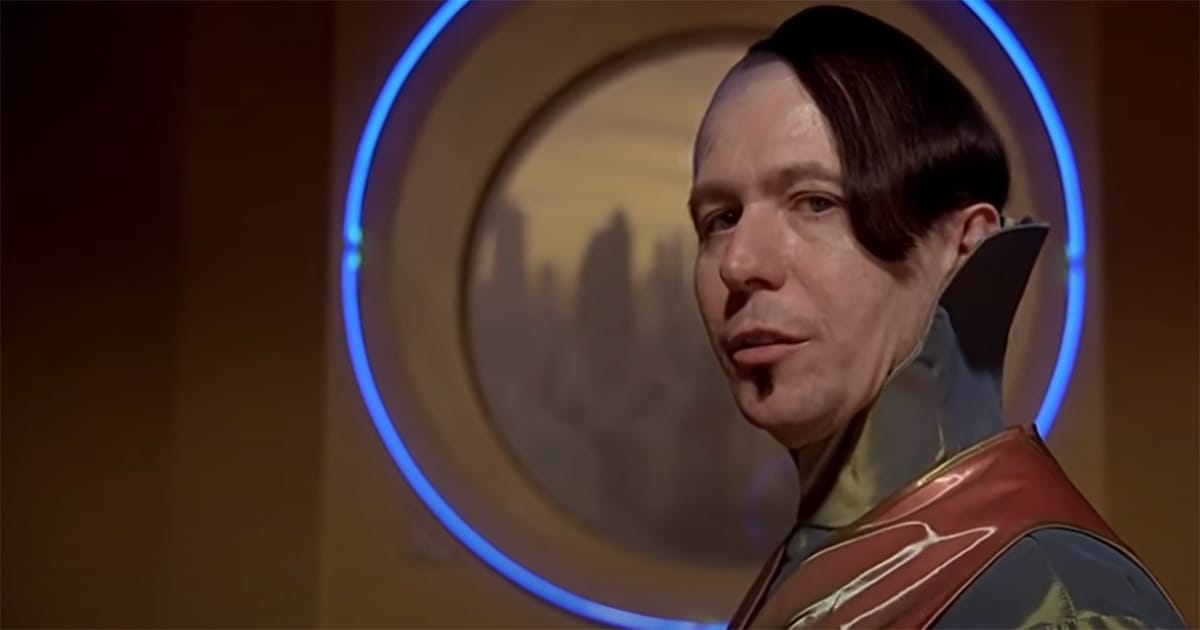
In the world of "The Fifth Element," salvation hinges on four ancient stones that represent the classical elements—earth, air, fire, and water. These artifacts, when aligned with the mysterious Fifth Element, serve as the only means of repelling an encroaching cosmic evil that seeks to annihilate life. The story, though fantastical in its presentation, carries a sober warning that power placed in the wrong hands can doom civilization.
Jean-Baptiste Emanuel Zorg, the film's chief antagonist, is more than a villain in the traditional sense. He is a technological tycoon, arms dealer, and willing agent of entropy who hides behind a façade of corporate ambition. His objective is simple and chilling. He must acquire the stones and guarantee Earth's destruction.
But what if he had succeeded? What if the elemental keys to humanity's survival had fallen not into the hands of guardians but into the grip of a man who believed chaos was profitable?
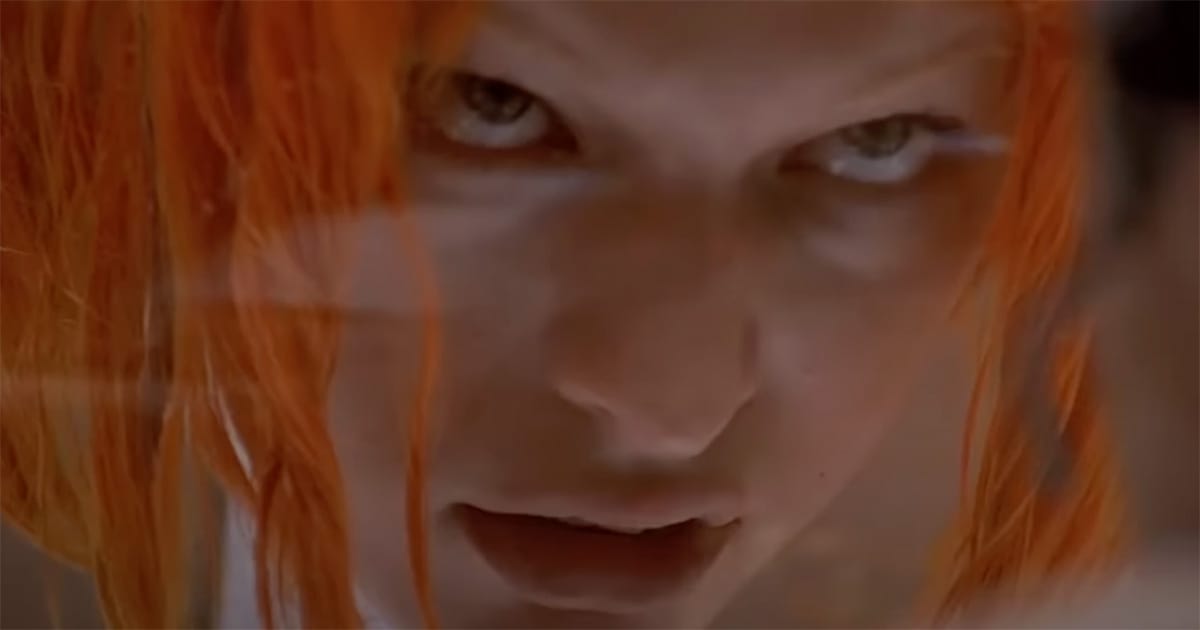
Zorg's Character and Motivations
Zorg is not a madman in the traditional mold of science fiction antagonists. He is calculated, composed, and cloaked in the trappings of success. At first glance, he resembles a caricature of the overreaching industrialist—surrounded by technology, flanked by sycophants, and driven by profit. But beneath the surface lies something more disturbing. Zorg is a man who serves chaos by choice. His allegiance to the Great Evil is not born of coercion or fear. It is a contract. He believes that destruction clears the path for renewal, and he intends to be the architect of that new order.
Unlike the mystics and warriors who seek to protect the elemental stones, Zorg views them as commodities to be acquired and leveraged. His power lies not in physical might but in influence—access to armies, weapons, and information. He is a man who buys obedience and sells annihilation.
What makes him especially dangerous is not his ambition, but his detachment. He doesn't seek conquest or dominion. He seeks collapse. To place the stones in his hands would not simply tip the balance toward evil—it would remove the concept of balance entirely. Zorg does not misunderstand the stakes. He simply does not care.
Immediate Consequences of Zorg's Success
Had Zorg obtained all four elemental stones, the outcome would have shifted dramatically and with immediate consequence. Unlike the priests of the Mondoshawan order or the enlightened beings who guard the stones, Zorg possesses neither the wisdom nor the reverence to use them properly. He views the stones as tools, not as sacred instruments tethered to a higher design. Without the Fifth Element—Leeloo—Zorg's possession of the stones would serve no purpose beyond leverage. But even as leverage, they would become a catastrophic bargaining chip.
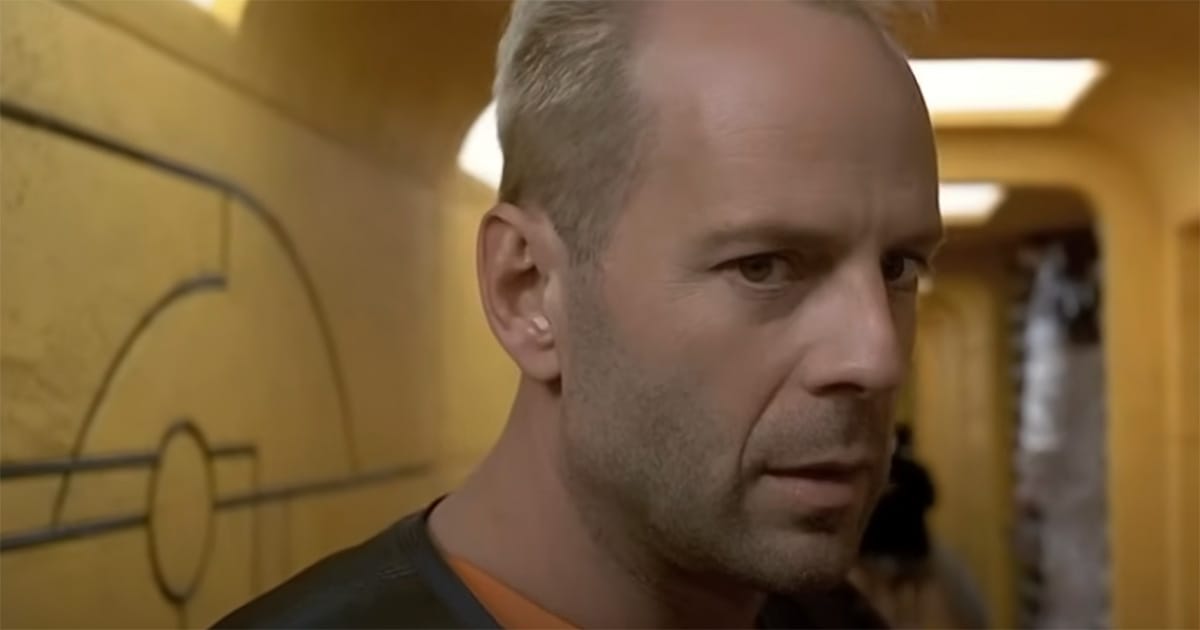
The Great Evil, an entity of pure destruction, does not honor alliances. Zorg may believe he is in partnership with a force that respects his role, but such faith is misplaced. Evil consumes, and Zorg's usefulness would end the moment the stones served their function. If he attempted to activate them himself, he would fail. But failure would not prevent devastation.
Earth's last hope—Leeloo—would be sidelined or eliminated before she could complete her purpose. With no guardian to stand in the path of the Great Evil, the planet would face annihilation. The chain of resistance collapses. Korben Dallas has no mission. Father Cornelius holds no plan. Humanity's defense is scattered before it begins.
The sky would darken, not from metaphor, but from the encroaching shadow of a malevolent force unchecked. Zorg's victory would be short-lived. The Great Evil, given free passage, would fulfill its nature. And with the stones denied their rightful place, the cycle of life would be broken at the root.
The Fall of Resistance and the Collapse of Order
With the elemental stones in Zorg's possession and Leeloo neutralized or absent, the resistance crumbles before it ever takes shape. Father Vito Cornelius, long the keeper of sacred knowledge, would be reduced to a frantic voice without audience or influence. Korben Dallas, a man of action but not prophecy, would have no purpose to pursue and no chance to fulfill his destiny. The thin thread of hope that holds the narrative of "The Fifth Element" together would snap under the weight of Zorg's early success.
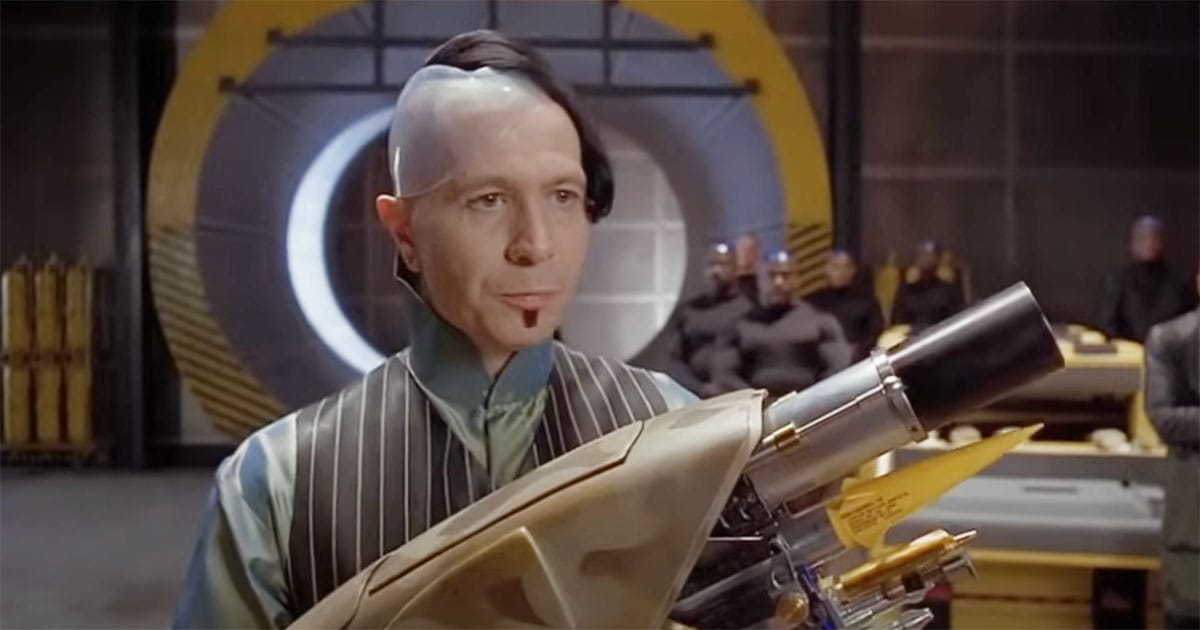
The military, for all its firepower, had already failed to stop the Great Evil once. General Munro's forces would mount a desperate last stand, launching missiles and mobilizing fleets with little understanding of the metaphysical force they faced. But no amount of strategy or ordinance can substitute for the spiritual key the stones represent.
Earth's destruction would send shockwaves beyond the solar system. The political order of human space, already fragile, would fracture. Colonies would splinter into self-preservationist enclaves. Trade would halt. Faith in unified command would collapse. And with the Great Evil unopposed, its appetite might not end with a single planet.
Zorg, in his arrogance, would assume victory. But what he initiates is not control. It is decay. A galaxy that once teetered on the edge of enlightenment would plunge into isolation, fear, and entropy. The Fifth Element was not just Earth's salvation. It was a linchpin for cosmic harmony. Without it, order itself would lose meaning.
When Profit Triumphs Over Purpose
Zorg's hypothetical success reframes "The Fifth Element" from a story of redemption into a cautionary tale of unchecked ambition. In the film's true arc, salvation arrives not through superior firepower or cunning plans, but through an act of selfless love—Leeloo's decision to embrace humanity despite its flaws. Her awakening completes the elemental circuit and turns certain doom into deliverance.
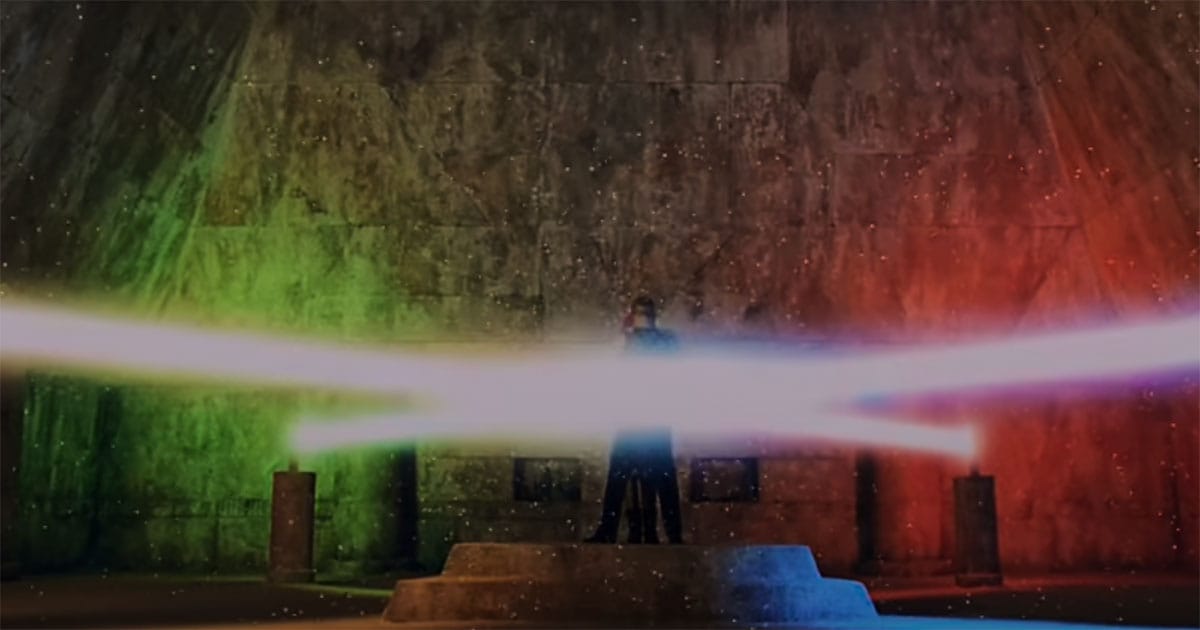
Had Zorg prevailed, that message would have been inverted. His victory would affirm a universe where chaos is currency, and where sacred things are only valuable if they can be weaponized. It is a world where strength lies not in virtue, but in acquisition.
"The Fifth Element" offers a different vision. It reminds us that love, not control, is the ultimate force of balance. The stones alone are not enough. The human heart, when aligned with truth and sacrifice, becomes the true catalyst of salvation. Without it, even the elements remain inert.

